Groundbreaking Environmental Vision: The Fair Trade Smartphone
Amsterdam. “I am a maker,” says Bas van Abel (39) about himself. But he is also someone who asks questions, who can excite people with an idea, to hear it from the German Federal Environmental Foundation (Deutsche Bundesstiftung Umwelt, DBU), which will honor the founder and Managing Director of Fairphone -- a company based in Amsterdam, The Netherlands -- with its German Environmental Prize. The award is intended to recognize his commitment as an environmentally- and socially-conscious entrepreneur. “With the Fairphone he has succeeded,” says DBU General Secretary Dr. Heinrich Bottermann, “in making consumers conscious of the ecological and social problems associated with information- and communications technology. The Fairphone is a forerunner in the transition to more sustainability and environmental compatibility in the entire industry.” German President Joachim Gauck will present the German Environmental Prize on October 30th in Würzburg. Van Abel will receive a financial award of 250,000 euros.
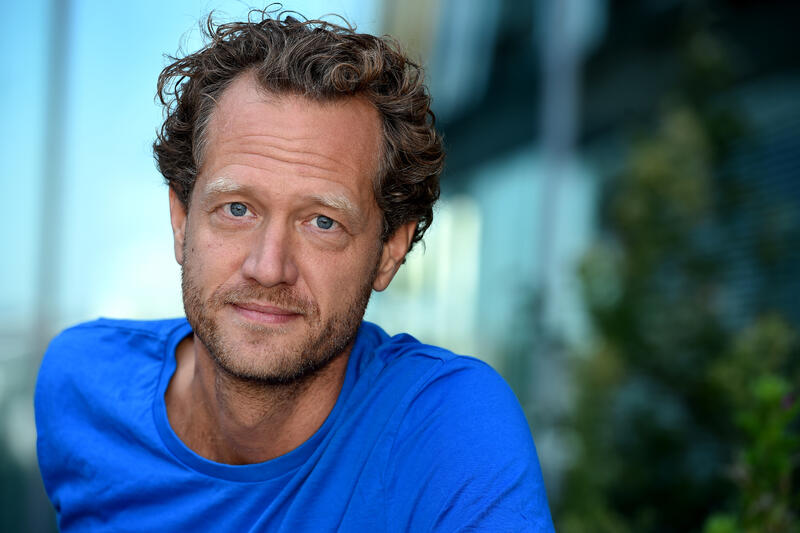
© Himsel/DBU
Catastrophic waste of raw materials is no longer tenable
“In dealing with the use of cellphones and smartphones, which are now more numerous on Earth than humans, we urgently need a transformation,” says Bottermann. “Each of these devices contains valuable metals and components which can often be extracted only at the cost of great harm to the environment. Most of them, however, are phased out or thrown away after only a few years, although they are still fully functional. This catastrophic waste of raw materials is no longer tenable.” Furthermore it is often not even possible to replace the most important components such as the battery or the display, because they are not constructed or designed in a manner conducive to repair. “Most electronic junk is barely recycled, or is exported for recycling to developing nations, where individual metals are recovered by means of practices involving substantial danger to the environment and to the health of those doing the work,” said Bottermann. Fairphone is a “social enterprise”: its goal is the production of a smartphone which has the greatest possible positive influence on the ecological and social aspects of the value chain. At the same time, the accompanying production systems are to be made transparent, and problems made visible.
Ecological and social abuses in current smartphone manufacture
“A smartphone contains 40 different minerals, including ‘conflict minerals’ such as tin, tantalum, tungsten and gold,” van Abel explains. Conflict minerals, van Abel continues, are mined illegally in violation of human rights and international law and have often served to finance rebel groups or militias, as for example in the Democratic Republic of the Congo. The ecological results, too, are catastrophic: large expanses of rainforest are deforested, natural habitats of strongly endangered animal- and plant species are lost. The elaborate final assembly of the devices often takes place in large factories in China under poor working conditions. Through critical examination of materials, design, manufacture, distribution, and the life cycle of smartphones, Fairphone has taken on the challenges in the technology industry.
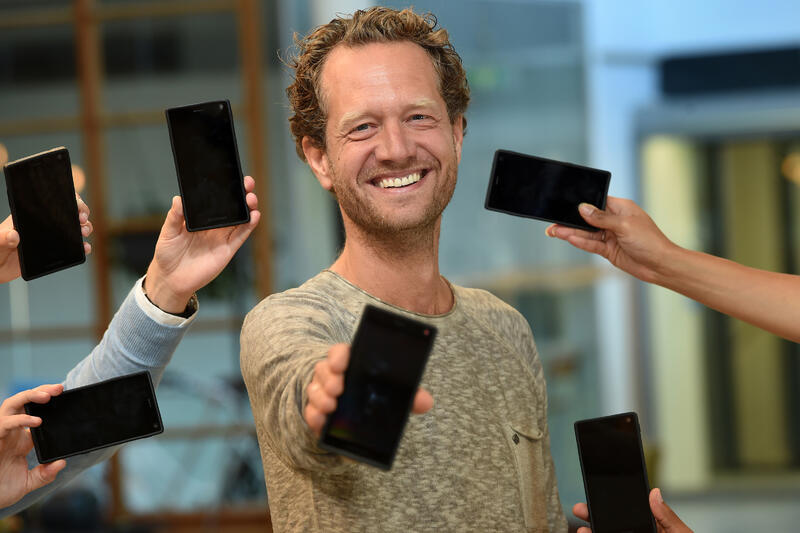
© Himsel/DBU
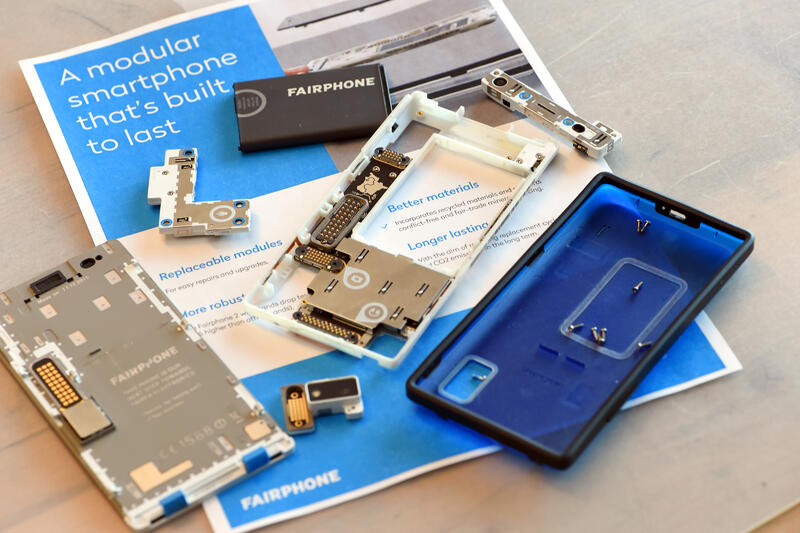
© Himsel/DBU
Fairphone’s strategy: targeted improvements in crisis regions
“For the entire value chain, Fairphone has developed strategies to improve the currently-prevailing conditions,” says Bottermann. Individual components are replaceable so that, from hardware to software, users can repair the phone themselves and update it to state-of-the-art condition – and thus use it longer. Fewer new smartphones must be manufactured, which relieves the environment and reduces electronic waste. Furthermore: “The company is constantly improving the production process, in order to gradually make the materials, the devices themselves, and the cost breakdown more transparent. Thus minerals from low-conflict parts of crisis regions are used. With regard to social standards, the company tries to improve the conditions on location, in the Democratic Republic of the Congo and in China, instead of moving production elsewhere.” The story behind the product: Environmental Prize recipient and Fairphone boss van Abel, who studied design and engineering, was upset because he could not repair an electronic device belonging to his son. He could not understand why the manufacturer had not foreseen this problem, and finally he questioned the entire production chain. “Whenever something does not function properly, we should ask ourselves why this is the case. Only when we begin to understand the system behind the problem can we challenge it, and be involved in defining and changing it,” concludes van Abel.
Future-oriented visions are crucial for competitiveness
“We see it as very positive and groundbreaking when scientists and entrepreneurs, just like politicians and consumers, pose questions about products’ origins, manufacture, and recycling potential, and attempt to change and improve the system,” says Bottermann.
Also groundbreaking is the central idea behind the Fairphone. What is really at stake is this: only new visions can enable us to provide nine billion humans on Earth with a decent life by the middle of this century. It will be those entrepreneurs who lead the way in the implementation of such future-oriented visions who will be the leaders in world competition.
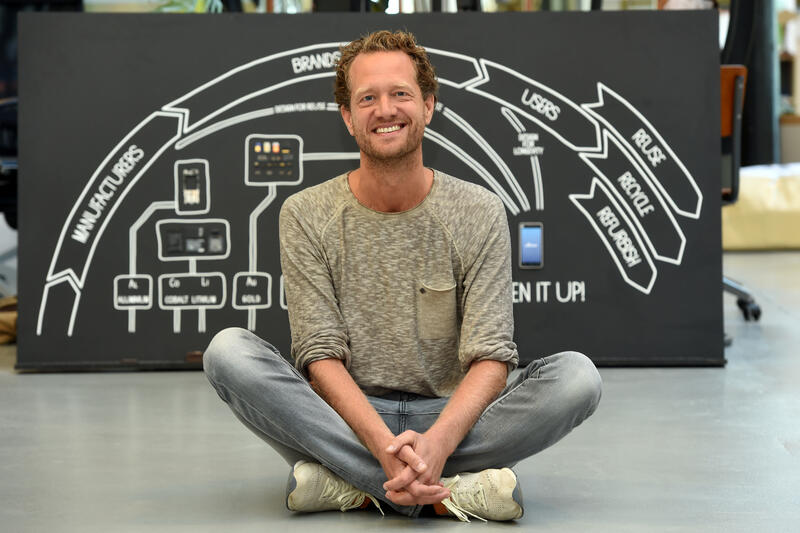
© Himsel/DBU
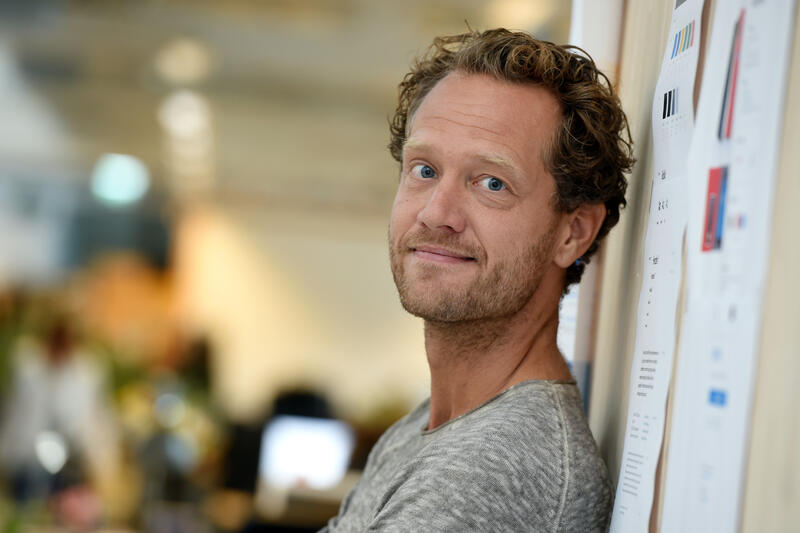
© Himsel/DBU